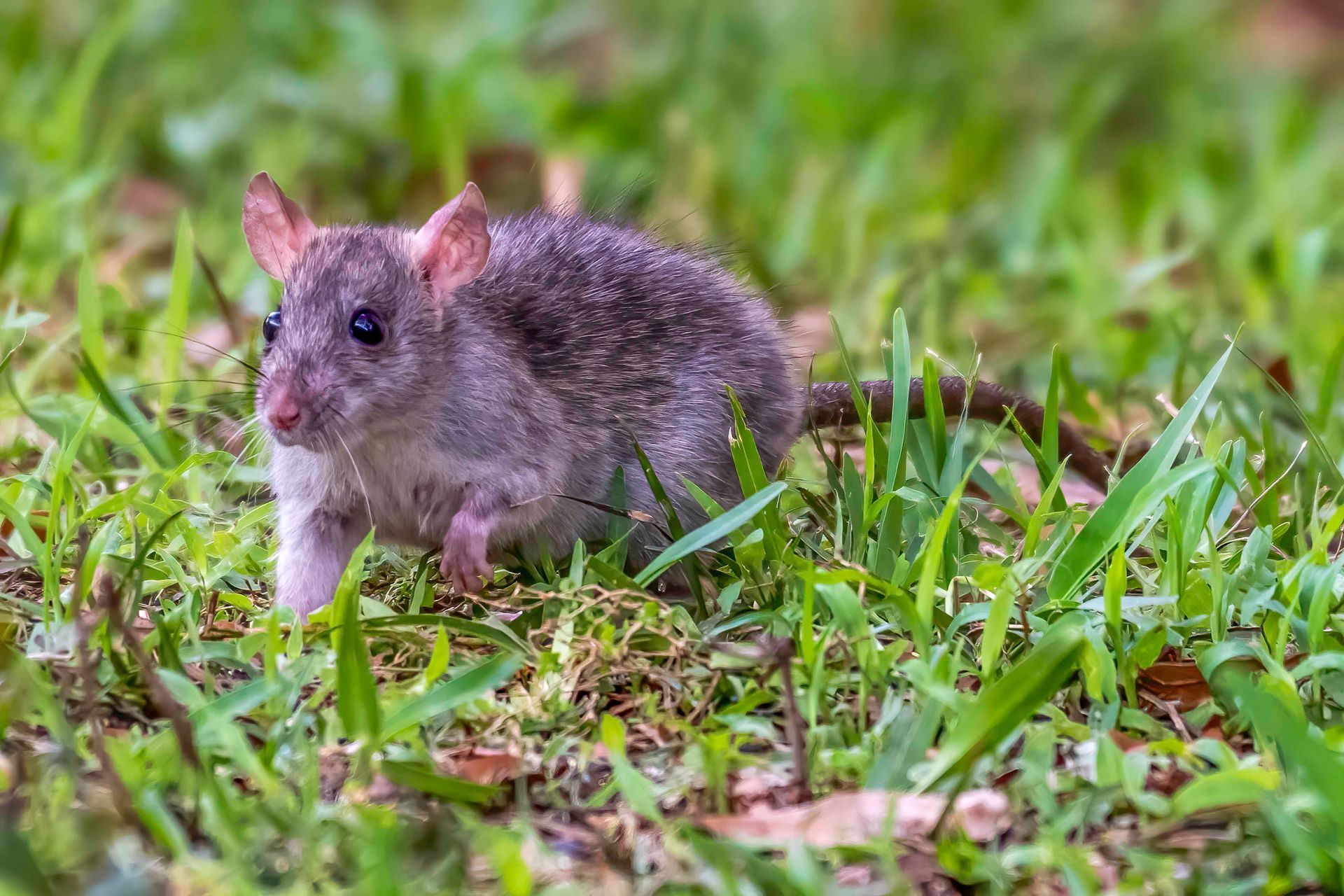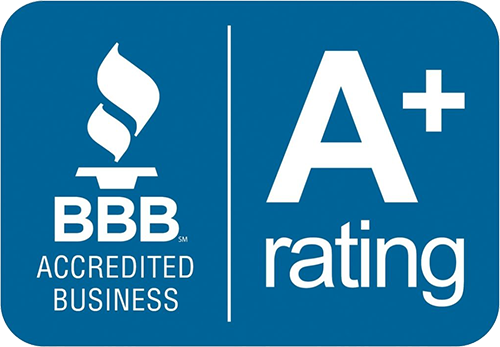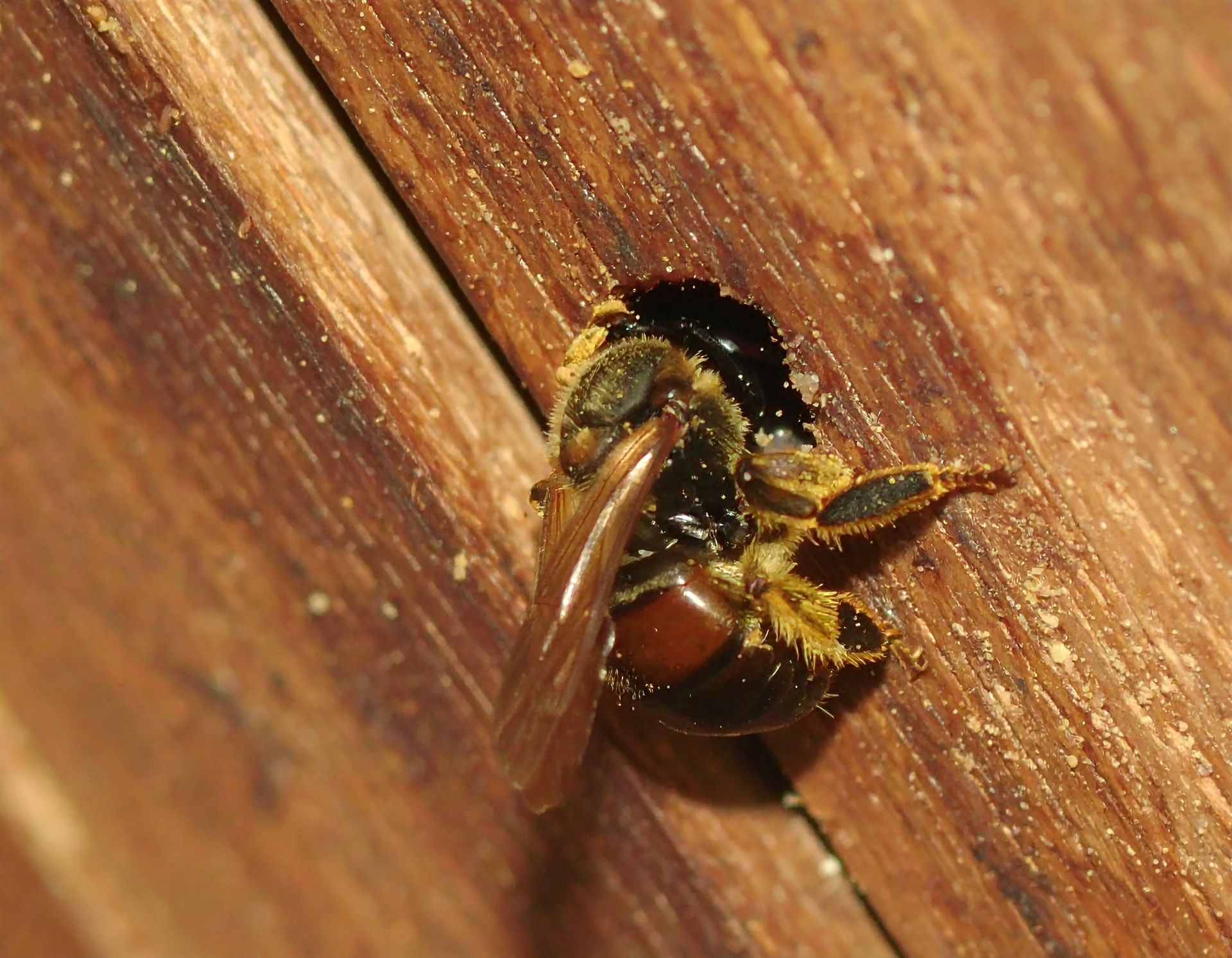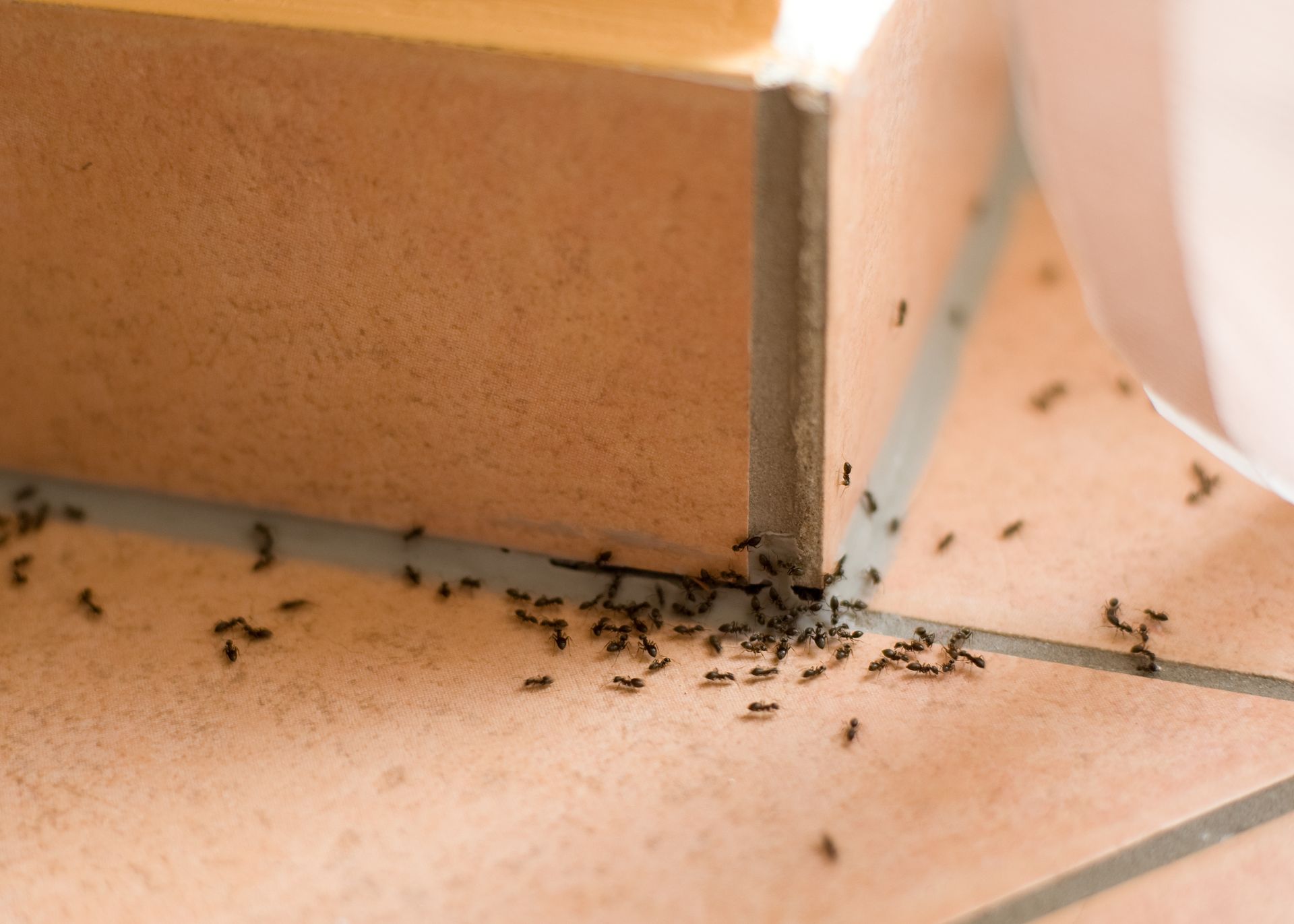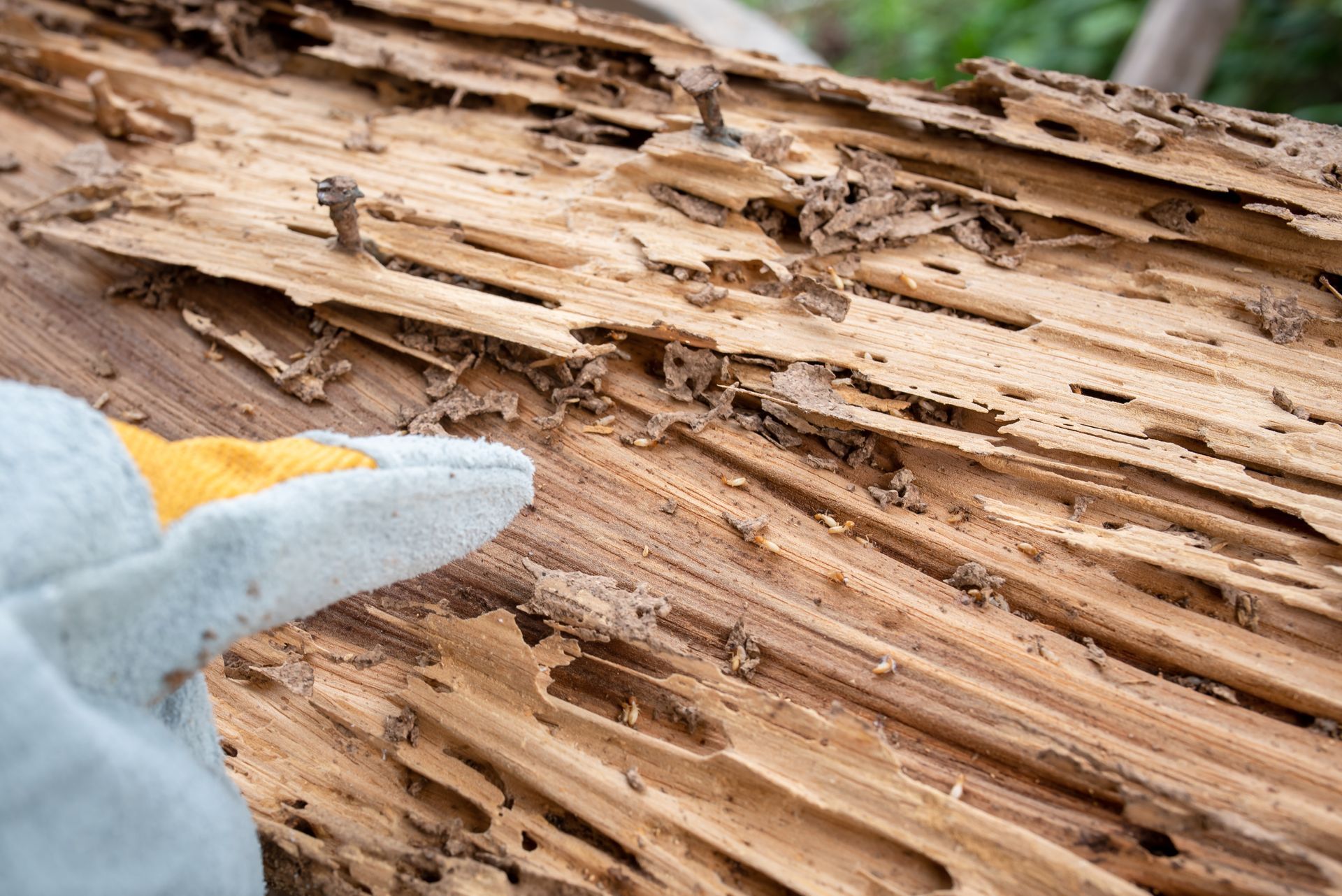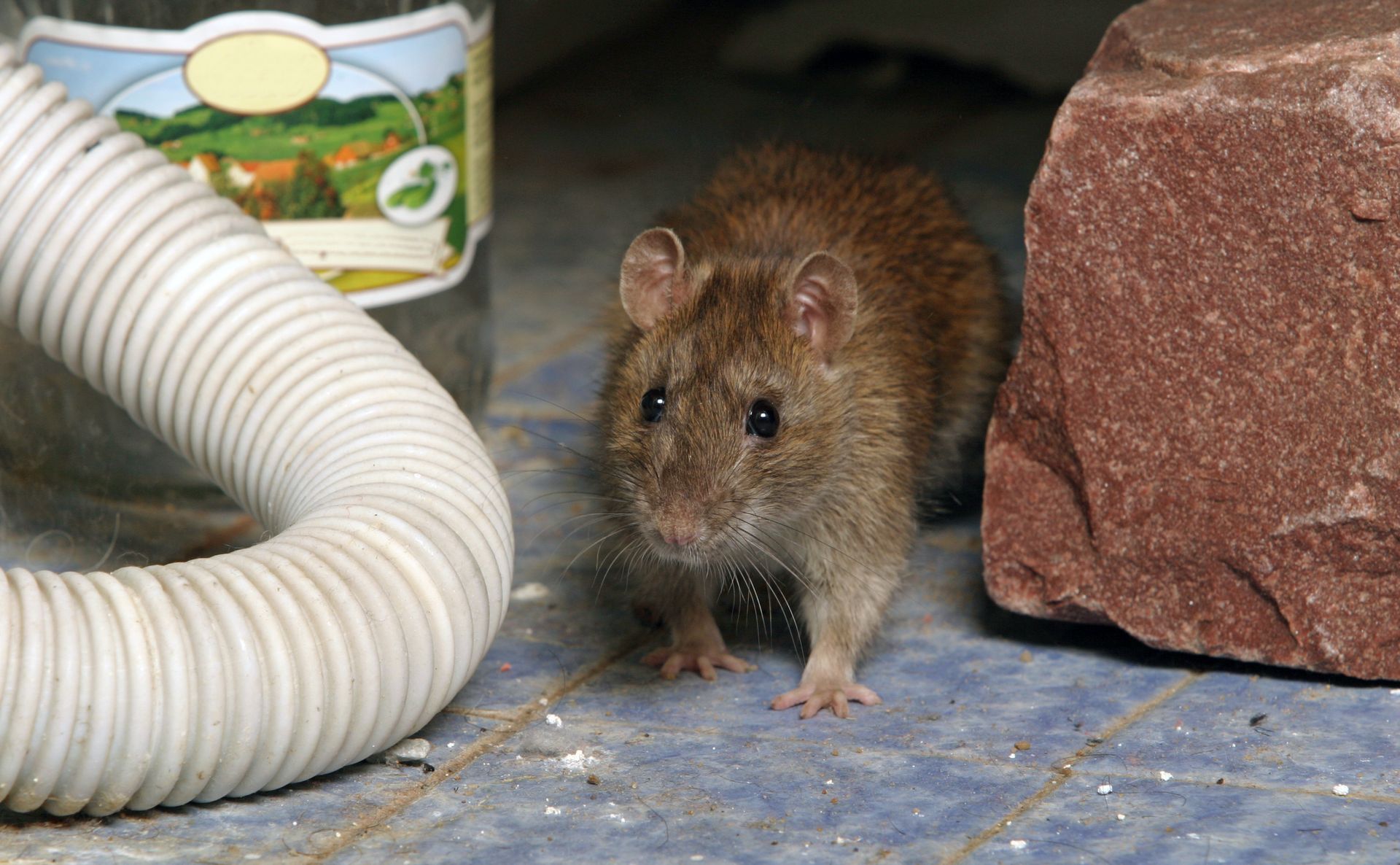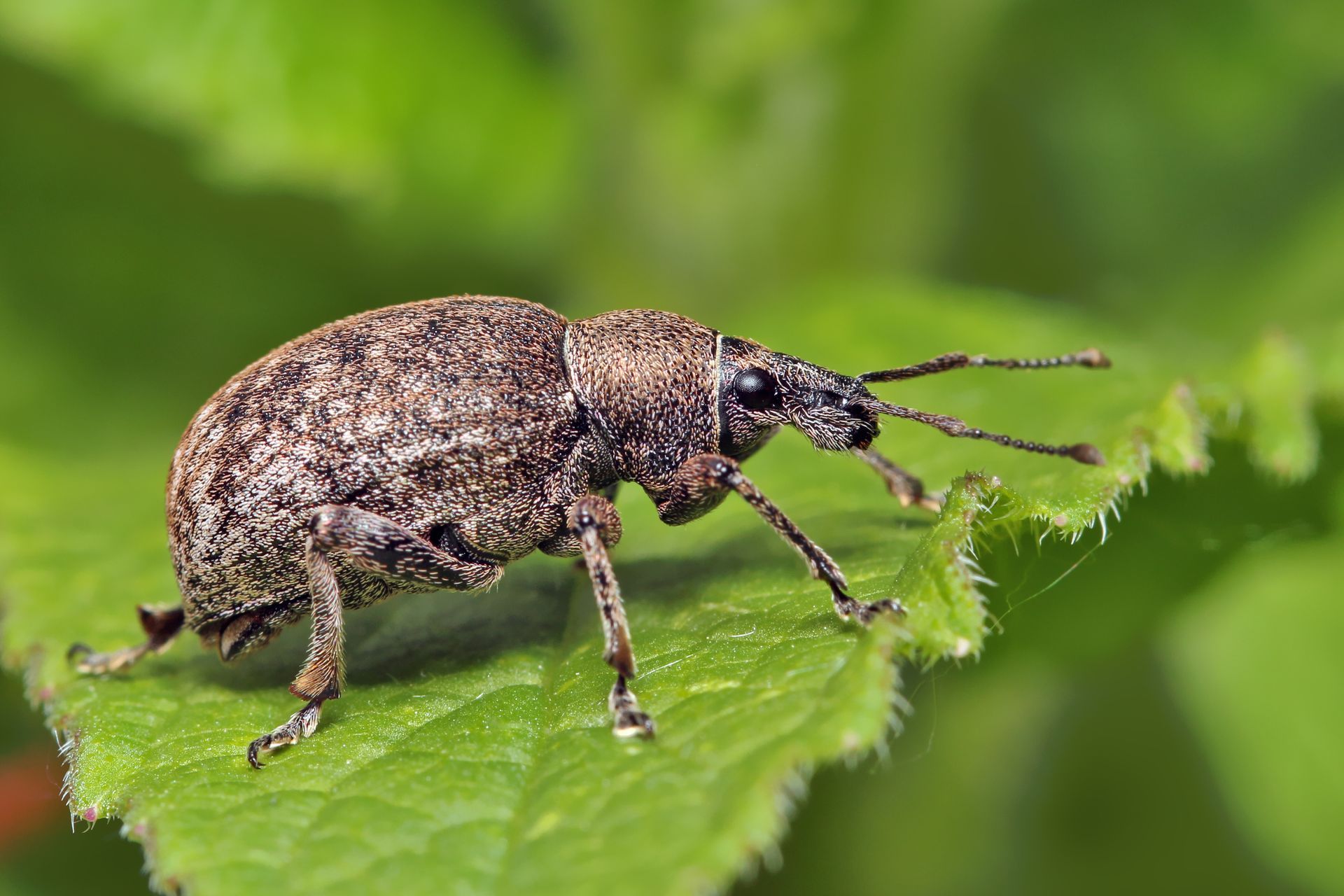Role of Professional Exterminators in Long-Term Termite Management
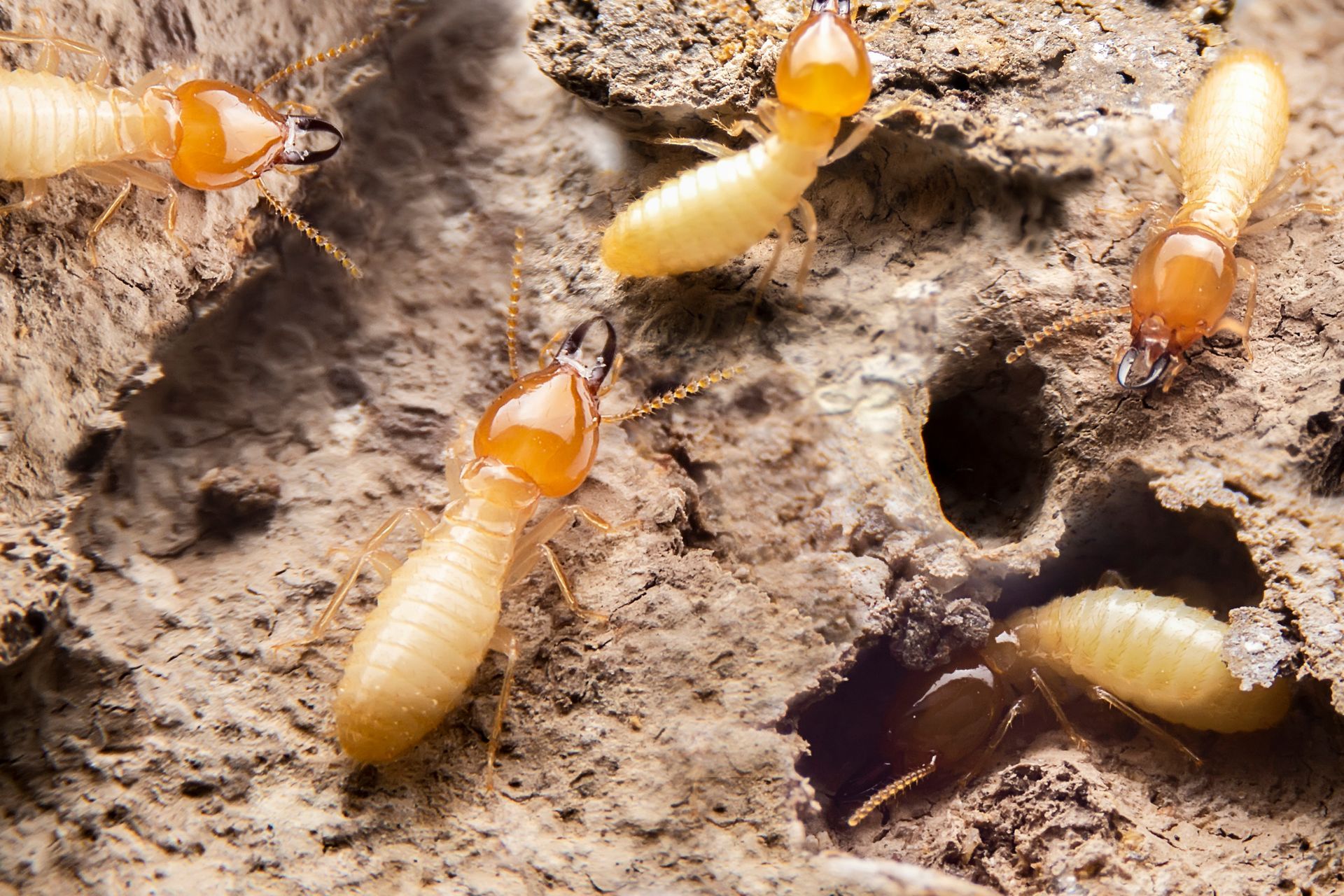
Termites are silent destroyers that can wreak havoc on properties, often without homeowners realizing the extent of the damage until it's too late. The key to effective termite management lies in the expertise of professional exterminators who implement comprehensive, long-term strategies. At Killo Exterminating Co., Inc, We’ll explain why professionals' pivotal role in ensuring sustained protection against termite infestations, highlighting the importance of their services in safeguarding properties from costly damage.
Understanding Termite Infestations
Termites are social insects that live in colonies and feed on cellulose, primarily found in wood. They can cause significant structural damage to buildings if left unchecked. Several types of termites, including subterranean, dry wood, and damp wood termites, each with unique behaviors and habitats.
The Silent Destroyers
Termites are often called silent destroyers because they can chew through wood, flooring, and wallpaper without being detected. When the damage is noticeable, it can be extensive and expensive. This is why early detection and proactive management are critical.
The Importance of Professional Exterminators
Professional exterminators bring expertise, experience, and advanced technology to the table, making them indispensable in the fight against termites. Here's why their role is crucial in long-term termite management:
Comprehensive Inspection and Detection
Professional exterminators conduct thorough inspections to identify the presence and extent of termite infestations. They use specialized tools such as moisture meters, infrared cameras, and termite detection systems to locate colonies that may be hidden from plain sight.
Accurate Identification of Termite Species
Different termite species require different treatment approaches. Exterminators accurately identify the species involved in the infestation, which is essential for selecting the most effective control methods.
Customized Treatment Plans
Based on the inspection results and termite species, exterminators develop customized treatment plans tailored to the property's specific needs. These plans often include chemical treatments, baiting systems, and physical barriers to eliminate termites and prevent future infestations.
Use of Advanced Technology and Products
Professional exterminators can access advanced technology and products unavailable to the general public. These include high-efficiency termiticides, non-repellent insecticides, and termite baiting systems that provide long-term control and protection.
Regular Monitoring and Maintenance
Long-term termite management involves regular monitoring and maintenance to ensure the property remains termite-free. Exterminators set up monitoring stations around the property and conduct periodic inspections to detect new termite activity early.
Preventive Measures and Education
Exterminators also implement preventive measures to reduce the risk of future infestations. They educate homeowners about potential risk factors, such as moisture problems and wood-to-soil contact, and provide recommendations for property maintenance to deter termites.
The Process of Long-Term Termite Management
Effective termite management is a multi-step process that involves initial treatment, continuous monitoring, and preventive strategies. Here's an overview of what this process typically entails:
Initial Inspection and Treatment
The process begins with a comprehensive inspection to assess the extent of the infestation. Once the inspection is complete, the exterminator will discuss the findings with the property owner and recommend a treatment plan. This initial treatment eliminates existing termite colonies and may involve liquid termiticides, baiting systems, or both.
Continuous Monitoring
After the initial treatment, continuous monitoring is essential to detect any signs of new termite activity. Exterminators install monitoring stations around the property, which they check regularly. These stations help identify new infestations early, allowing for prompt action before significant damage occurs.
Preventive Strategies
Preventive strategies are an important component of long-term termite management. These strategies include:
- Moisture Control: Termites thrive in moist environments, so controlling moisture around the property is crucial. Exterminators may recommend repairing leaks, improving drainage, and using dehumidifiers in crawl spaces.
- Barrier Treatments: Physical barriers such as stainless steel mesh or sand can be installed to prevent termites from entering the property. Chemical barriers, like treated soil, can also deter termites.
- Wood Treatments: Applying termiticides to wood can make it less attractive to termites. This treatment is beneficial for structures with wood-to-soil contact.
Regular Maintenance and Follow-Up Inspections
Regular maintenance and follow-up inspections are essential to ensuring the long-term effectiveness of termite management strategies. Exterminators revisit the property at scheduled intervals to check the treatment's status and make any necessary adjustments.
The Benefits of Professional Termite Management
Investing in professional termite management offers several benefits:
Peace of Mind
Knowing that professionals protect your property provides peace of mind. You can rest assured that any potential termite issues will be detected and addressed promptly.
Cost Savings
While professional termite management involves an initial investment, it can save property owners significant money in the long run. Early detection and treatment prevent extensive damage, reducing repair costs.
Increased Property Value
A termite-free property is more attractive to potential buyers and can fetch a higher price on the market. Professional termite management ensures that your property maintains its value over time.
Health and Safety
Termites can compromise the structural integrity of a building, posing safety risks to occupants. Professional exterminators help maintain the safety and integrity of your property.
Choosing the Right Exterminator
Selecting the right professional exterminator is crucial for effective termite management. Here are some factors to consider when choosing an exterminator:
Experience and Expertise
Look for an exterminator with extensive experience and expertise in termite management. They should have a proven track record of successful termite treatments.
Licensing and Certification
Ensure the exterminator is licensed and certified to perform termite control services. This guarantees that they adhere to industry standards and regulations.
Reputation and Reviews
Check online reviews and ask for references to gauge the exterminator's reputation. A company with positive reviews and satisfied customers is more likely to provide quality service.
Comprehensive Services
Choose an exterminator that offers comprehensive termite management services, including inspection, treatment, monitoring, and preventive measures. This ensures a holistic approach to termite control.
Customer Service
Good customer service is essential for a positive experience. The exterminator should be responsive, transparent, and willing to answer any questions you may have about the process.
Use Killo Exterminating Co., Inc. For Your Termite Management Services
Professional exterminators play a vital role in long-term termite management, offering expertise, advanced technology, and customized solutions to protect properties from termite damage. By investing in professional termite control, homeowners can ensure sustained protection, peace of mind, and cost savings. Regular monitoring, preventive measures, and ongoing maintenance are critical components of a comprehensive termite management strategy. Choosing the right exterminator is crucial for effective termite control and your property's long-term safety and value.
